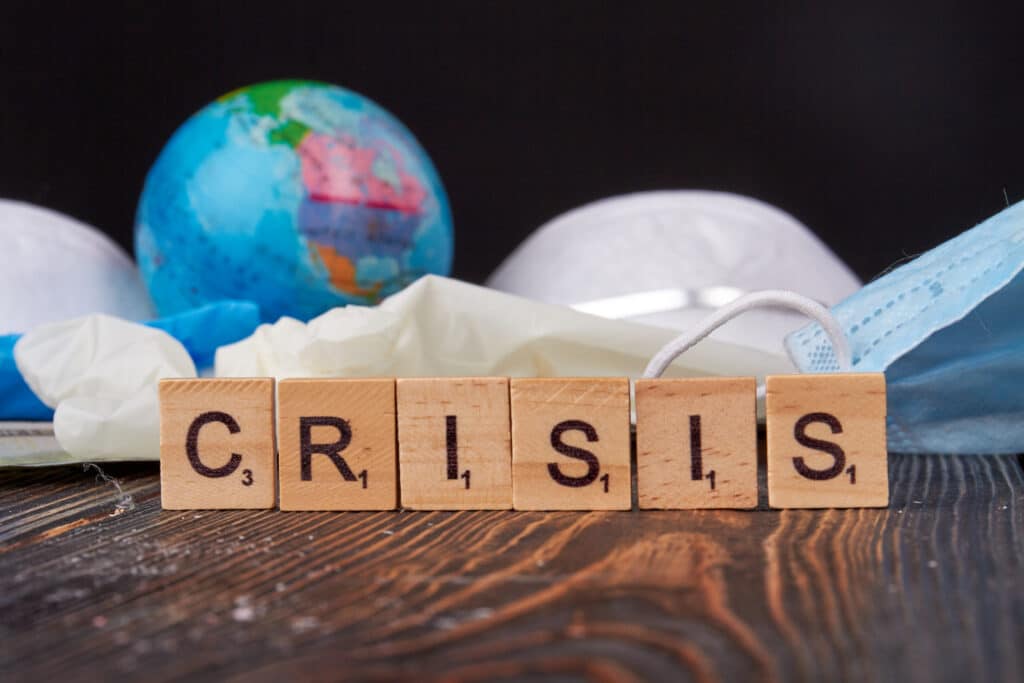In today’s rapidly evolving digital landscape, the specter of cybersecurity threats looms larger than ever. As we stand on the cusp of what many experts are predicting will be the next global crisis rooted in cyber warfare and digital espionage, it becomes imperative for individuals, organizations, and nations to fortify their defenses against an unseen enemy that operates within the shadows of our interconnected world.
The concept of a “next global crisis” is no longer confined to traditional battlefields or diplomatic disputes; rather, it has expanded into cyberspace—a domain where borders blur and distances shrink. This shift underscores a pressing need for robust cybersecurity measures capable not only of defending against current threats but also anticipating future challenges.
Cyberattacks have evolved from mere nuisances perpetrated by lone hackers into sophisticated operations carried out by well-funded and highly organized groups with potential ties to nation-states. These adversaries aim not just at financial gain but also at disrupting critical infrastructure, stealing intellectual property, and undermining public trust in institutions.
Here are some examples of recent events:
- Change Healthcare Cybersecurity Incident (February 21, 2024):
- Impact: A significant cyber attack affected the health-care system nationwide in the United States. Patients and providers across the country were impacted. The incident threatened prescriptions, paychecks, cash flow, and information security.
- Context: This attack highlights the vulnerability of critical healthcare infrastructure to cyber threats.
- AI Cybersecurity Attacks on the Medical Industry:
- Details: Experts discuss the dual nature of artificial intelligence (AI) in healthcare. While AI can enhance medical processes, it also poses risks due to potential vulnerabilities. Ensuring robust AI security practices is crucial.
- Significance: The medical industry’s reliance on technology makes it a prime target for cybercriminals.
- Operational Downtime Attacks in New Zealand:
- Findings: Research reveals that cybercriminals are increasingly targeting operational downtime over data theft or encryption. Large Kiwi businesses faced harmful impacts from cyber attacks. The trend mirrors incidents seen globally, such as the recent DP World cyber attack in Australia.
- Implications: Operational disruptions can have severe consequences for businesses and economies.
These examples underscore the urgent need for robust cybersecurity measures worldwide. As we move forward, addressing cyber threats must be a priority to prevent them from escalating into a global crisis.

Given this backdrop, one might wonder how society can safeguard itself against such pervasive risks. The answer lies in a multi-faceted approach encompassing technological innovation, regulatory frameworks, international cooperation, and most importantly — public awareness.
Technological Innovation: Investing in cutting-edge security technologies is crucial. Artificial intelligence (AI) and machine learning (ML) offer promising avenues for detecting anomalies that could indicate cyber intrusions faster than human analysts ever could.
Regulatory Frameworks: Governments worldwide must enact laws that enforce stringent cybersecurity standards while respecting individual privacy rights. Such legislation should encourage information sharing between private sector entities and state agencies to foster a collaborative defense strategy.
International Cooperation: In facing threats that know no borders, countries must come together under a unified banner—to share intelligence about emerging vulnerabilities and coordinate responses to major incidents effectively.
Public Awareness: Ultimately, every internet user plays a role in this collective security effort. From practicing good password hygiene to staying informed about phishing tactics—small actions can cumulatively make significant impacts on overall cyber resilience.
As daunting as these challenges may seem now amidst whispers of impending crises fueled by nefarious code rather than conventional weapons—the path forward isn’t shrouded entirely in darkness if there’s concerted action towards enlightenment through education technology advances legislative reforms strategic alliances Moreover embracing change with proactive optimism rather sticking head sand fearing inevitable tide innovations shifts mindset necessary weather storm horizon ensure safer tomorrow all those navigate vast unpredictable yet wondrously boundless digital universe

